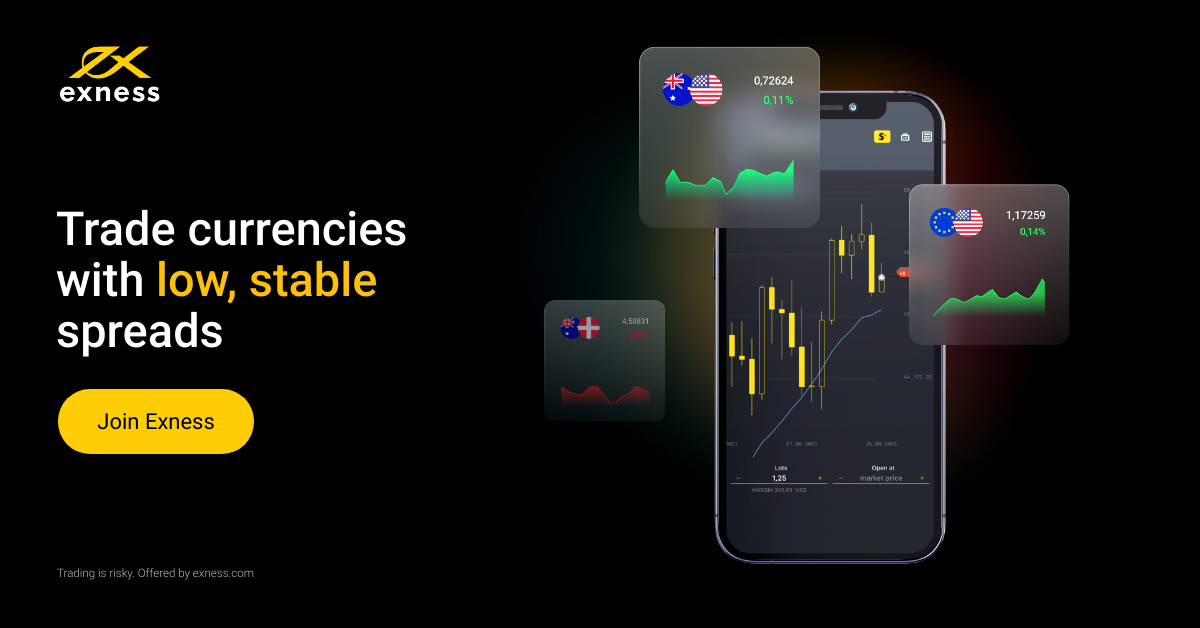With the explosion in growth of home computers and high speed internet connections, the opportunities for private investing have gone through the roof. The biggest market of all is the Forex market, and it’s naturally the one that new traders are flocking to – creating lots of new Forex traders. The most popular type of trading is day trading because it’s potentially the most lucrative, gives the most action, and requires the least patience.
What is a Forex day trader?
A Forex day trader, as the name suggests, is focussed purely on
intraday swings, and tends to have little or no interest in the
long-term movement of the market. Their aim is to make money
consistently, ideally on a daily basis; and so in many ways day trading
is similar to working a job in that both employee and day trader expect
to earn money daily for what they do.
Discipline – Discipline is a hugely important factor
for any trader, but becomes absolutely critical for a day trader for a
variety of reasons. Since a day trader is often at the screen all day
and takes a much higher number of trades, the opportunity to make
mistakes and tendency to become emotionally attached to their results is
greater. Poor discipline can be absolutely devastating to the account
of a day trader.
Risk Management – Linked to the point above is the
requirement for solid risk management. If a day traders risk levels are
wrong then so much damage can be done to their account, because as I
mentioned before, a day trader takes a much higher volume of trades.
They’re also more directly affected by news releases and random spikes
in the market that are beyond their control, so good risk management is
paramount.
Session Choice – The trading day is
split into major sessions such as the London session or the New York
session. Day traders have to make sure they’re trading at times that are
going to provide decent liquidity and movement potential. Trading out
of hours can be suicidal for a day traders account.
Time Frame – Similarly, picking the
time frame to trade is just as important. Generally, the lower the time
frame the more trade signals show up; conversely, the profit targets
generally get smaller and therefore the spread size has more impact on
the bottom line. Also, there tends to be more noise (bad signals) the
shorter the time frame gets. Depending on how much time you can devote
to scanning for good trades, very long time frames may not provide
enough signals to reach your goals. Striking a good balance on your
charts is crucial.
Market Choice – Markets must be selected correctly,
so the day trader is always trading an instrument that will provide
decent trending conditions as often as possible, as well as having tight
spreads. In Forex, the major pairs are preferred, although some
traders are very successful with exotics. Generally, the major pairs
will have higher volatility (good in the Forex market), greater
liquidity, and the lowest possible spread costs.
News Announcements – It’s crucial for a day trader
to have access to an economic calendar so that any major news releases
can be planned into the day ahead of time. Having trades open when news
is released is extremely risky, and essentially becomes a gamble. Some
Forex day traders trade the news exclusively; but the point is that you
must know what’s going on, regardless of how you will day trade the
market.
Conclusion:
There are many advantages to being a Forex day trader, but certain
skills are required that make it a slightly different challenge to
longer term forms of trading. If you’re wishing to pursue day trading,
then you must make sure you take note of all of the factors above in
order to give yourself the best possible chance for success.

